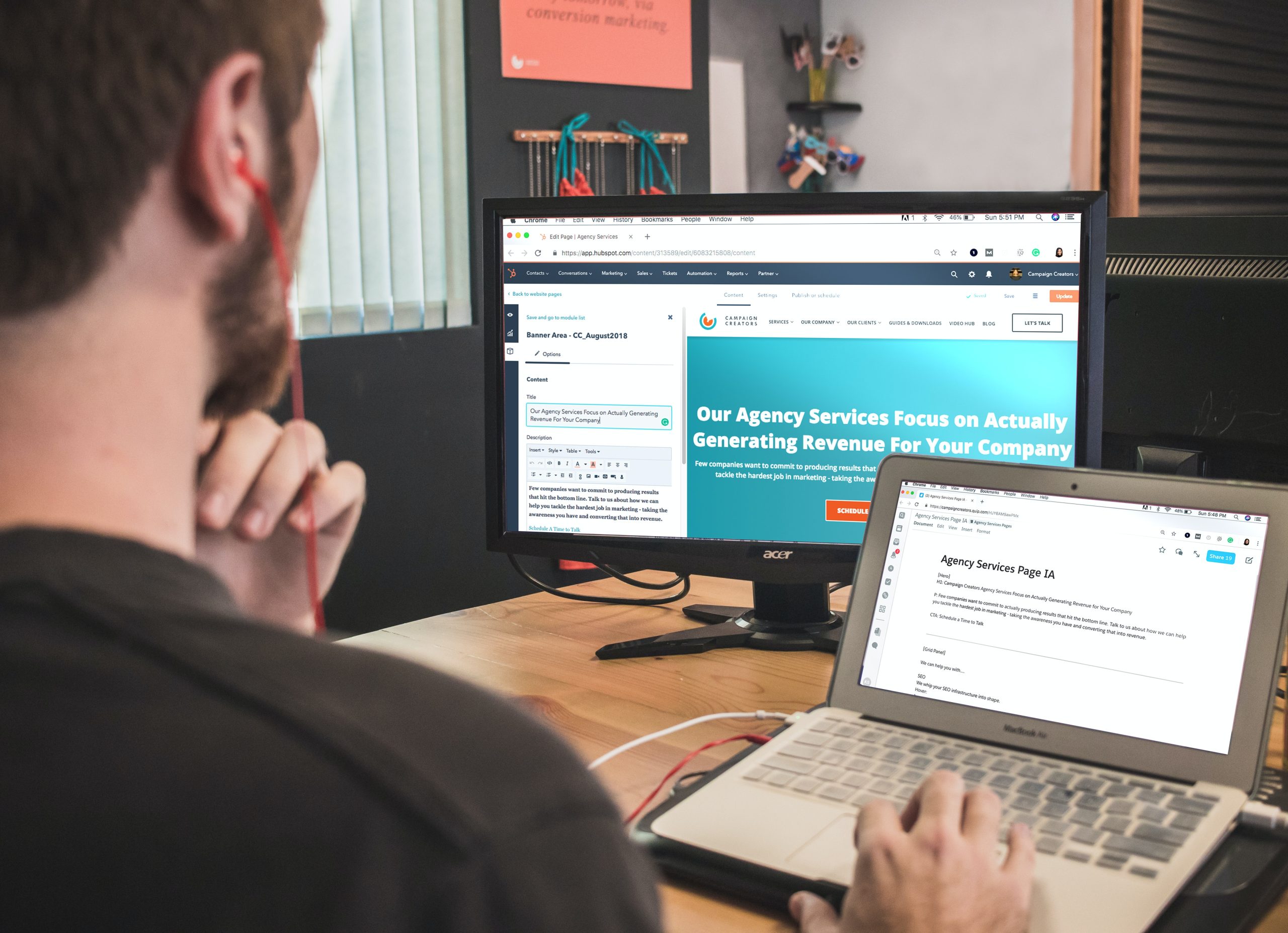Businesses often use an Agile approach. Agile is an iterative way to manage projects and make software. It helps teams give customers what they want faster and with less trouble. Instead of putting everything on a “big bang” launch, an agile team releases work in small, but usable, chunks. Agile is easy for a small company just starting out. When there are only a few people on a team who have the same ideas as you, you can be flexible. And you can’t avoid business people and other stakeholders working closely with developers and makers because they all work in the same office.
But if you do the right things, you won’t always be small. With each new member, the Agile team grows, making it harder to stay agile. The Scaled Agile Framework is a collection of different techniques and ideas meant to help enterprises of any size become more agile.
Managing a business takes a lot of hard work and preparation. But there’s one aspect of management that will always be a wildcard, and that’s the customer. While you might have a general idea of how people might respond, you can never be 100% certain of what they’ll do. Not to worry though, there are ways to streamline and ease your contact with customers.
The premier way of doing so is through CRM software. It stands for customer relationship management and its only goal is to help your business manage customers. Through CRM software you can more easily manage sales, contact with customers, and even agent productivity. With the best CRM software you can track your customers through their consumer lifecycle and ensure their customer experience is satisfactory.
1. Account and Contact Management
The primary feature of CRM software is obviously its account and contact management. Without these features, you wouldn’t be able to organize your business structure or potential deals. By being able to track your contacts throughout the process of a sale you can pinpoint your weaknesses. Finding out what your business structure lacks immediately enables you to fix potential issues without a lengthy and arduous diagnostics process. With account management, you can easily distribute information inside your company. After all, information is key to success, and sharing it through intended channels ensures that low-level employees aren’t overwhelmed with unnecessary data. Proper stratification of data means that people who need it know it, without it being unregulated.
2. Customer Segmentation
Not every customer’s the same. The demographics of your customer base can change through a plethora of variables. For example from variables such as customer geolocation, age, employment status, and spending habits you can divine the success of ad campaigns and product launches. After all, trying to force an ad campaign for giant pickup trucks in Europe is just as foolish as selling flip-flops to Antarctic researchers. Finding your target demographics is key, and CRM software goes through numerous processes to analyze and present your data. CRM segments your customer base into easily manageable groups so you can quickly target your desired demographic.

3. Order Management
Managing your orders is perhaps the most important part of any business. If you’re inefficient it may leave a bad impression on the customers. So you need to utilize CRM to streamline the entire process. This means that CRM software ups the visibility of your sales, while it automates your processing capabilities. If you’re running an online business then you might receive random orders from all around the globe and so you’ll need automation to cover orders you receive in your downtime. And not to mention that any online business no matter how big or small, must always keep shipping in mind. And by streamlining your orders with CRM you can simplify your shipping orders as well.

4. Service Automation
Having good customer service can really help a business prosper as it can patch up any potential problems you might have between your business and customers. But not all customer service needs to be done person to person. CRM software can solve the issue of poor customer service by optimizing your business and creating simple service automation that solves key issues such as slow response time and human error. While the more complex tasks do require human assistance, simple issues can for the most part be solved with automated faq responses that troubleshoot the most common problems.
5. Campaign Management
No matter if you’re selling the keys to immortality, but with bad (or even worse non-existent) ad campaigns you’ll never achieve anything. We live in a world filled with marketing and to thrive in it one must utilize efficient and impactful ad campaigns. While CRM reduces your campaign costs and analyzes data, you can focus on creating the most impactful and creative campaign possible. Keep in mind that these ad campaigns are most likely the first contact between you and your customer. So having a helping hand in CRM software gives you that extra security in your actions.
6. Mobility
Since the advent of smartphones, a lot has changed in our society in both positive and negative ways. One such change is that most businesses are now perpetually online, either from their website or by their contact emails. This means that you need CRM software that is compatible with mobile phones. Doing emergency changes from your phone could be that much harder if your CRM software started having issues. Therefore good CRM software must be compatible with portable technology, be it for your convenience or for the sake of emergencies.

7. Dashboards
The main goal of CRM software is to streamline data, therefore it needs a good dashboard to optimally present its findings. While this may seem an intuitive feature, oftentimes software developers create such elaborate dashboards that you’d need 4 or more screens just to have a basic overview. Granted having the capability for highly complex data is good but a simple and intuitive baseline is far more important. Everyone would be happy with a streamlined dashboard while only a few enthusiasts might pine over a needlessly complex system.
These are the most important features you need in CRM software. You might be able to compromise on lacking a few of these features, but if you lack too much the effectiveness of CRM plummets. So make sure to use this article as a quality checklist before you jump into the world of CRM software.
Note for software developing companies:
When your inbox is full of developer questions, responses from alpha and beta testing, and customer feedback, it can be hard for a programming company that uses the scrum method to remember that the end goal is to ship better software. This scrum sprint planning template is just what you need to plan, track, and manage your sprints without getting lost in the details of each feature, bug, or task.






